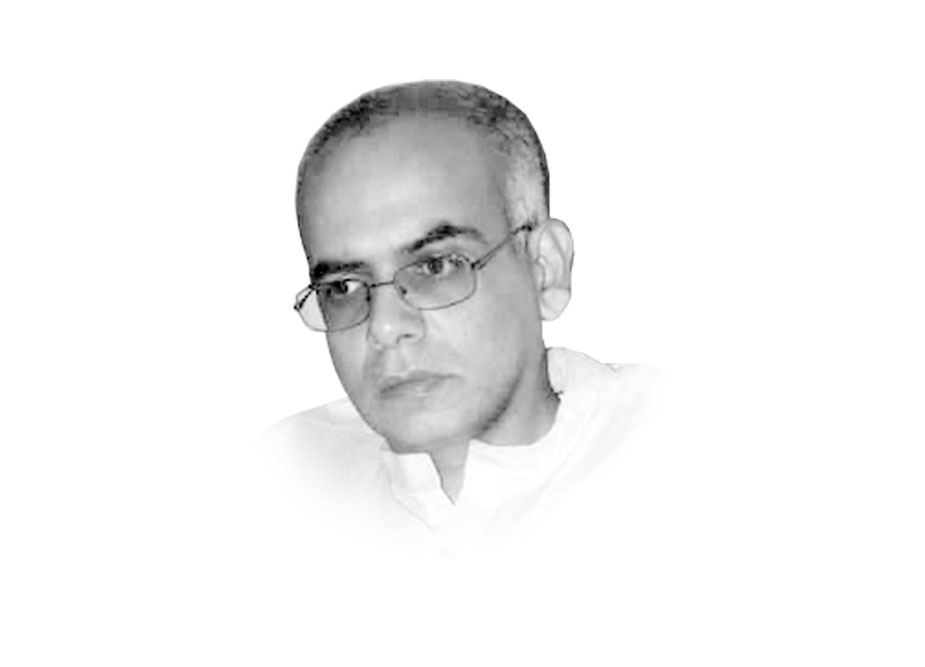
The fact that we live in a highly unequal world is hard to deny. Glaring inequalities exist not only between rich and poor countries, but also within them. The gap between the rich and the poor in Pakistan is also quite alarming, and it continues being actively perpetuated by those in positions of power.
Pakistan has an unenviable human development ranking due to its dismal literacy and health indicators, and due to the meager average income of its populace. Yet, while a large proportion of the Pakistanis are deprived of simple necessities, a small segment of the country’s elite is impressively wealthy. The stark socio-economic disparities in Pakistan are in fact the product of several structural problems, which have not yet been adequately addressed despite the populist rhetoric of our opportunistic leaders.
Inequality in Pakistan has been a lingering problem. It was back in the late 1960s that Mahboob-ul-Haq famously pointed out how 22 families had come to dominate the country’s economy. Despite lackluster attempts to implement land reforms, and undertake nationalisation, the wealth gap in the country continued to grow. Ishrat Hussain, the former governor of the State Bank, has drawn attention to how the Pakistani state primarily aims to serve the interests of the elites, instead of being concerned with enabling equitable growth.
Pakistan has been reluctant to put aside the top-down model of governance it inherited from the British raj, and instead its rulers relied on top-down patronage networks to stay in power. The military also exerts significant influence on the country’s political-economy to protect its vested interests. Liberalisation, promoted by entities such as the IMF and World Bank, has not been able to achieve pro-poor growth either.
Inequality within Pakistan manifests in the form of regional disparities as well as uneven access to productive assets and immense income differentials within the same region. A couple of years ago, the UNDP in Pakistan prepared a national human development report which pointed out that the richest 20 per cent of Pakistanis possess half the nation’s income in 2019, compared with the poorest 20 per cent, who held just 7 per cent of it.
Wealth does not trickle down to the masses in Pakistan due to elite capture. The UNDP noted that economic privileges accorded to Pakistani elite via preferential access to land and capital, use of skewed subsidies and major tax exemptions amounted to over $17 billion. It should thus not be surprising to note how an estimated 1 per cent of the richest people hold over a quarter of all personal bank deposits, over 20 per cent of all cultivable farmland, and around 16 per cent of residential property.
Inequities within Pakistan have not improved over time. The inability of the state to invest in the welfare of ordinary people has left them ill-equipped to improve their own circumstances. A significant proportion of poorer workers are struggling to survive in the unregulated informal sector. The plight of Pakistan’s middle class is also worsening due to the ever-growing pressure of inflation. Our economic planners have not been able to create adequate employment opportunities for the growing number of unemployed or under-employed youth, which offer them the chance to secure social mobility. Stark gender disparities are also evident in all spheres of life. Yet, the state is primarily preoccupied with serving the interests of the rich and powerful, in addition to meeting administrative expenditures of its own bureaucracy, allocating sufficient resources for national security and servicing its increasing debts.
Those in positions of power seriously need to reconsider our national priorities. It is about time that our governments began to focus on securing growth via progressive policies which can stimulate productivity from the bottom-up. Or else, the multifaced stresses being caused by climate change will intersect with existing inequalities and make matters worse, not just for the poor, but for the entire country.
Published in The Express Tribune, November 17th, 2023.
Like Opinion & Editorial on Facebook, follow @ETOpEd on Twitter to receive all updates on all our daily pieces.

1731329418-0/BeFunky-collage-(39)1731329418-0-405x300.webp)













COMMENTS
Comments are moderated and generally will be posted if they are on-topic and not abusive.
For more information, please see our Comments FAQ